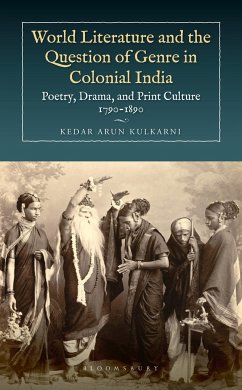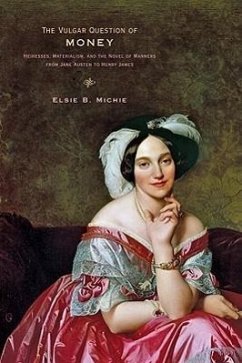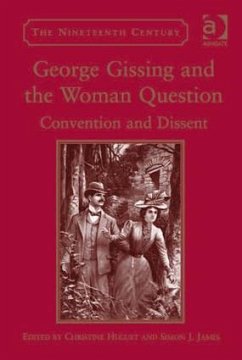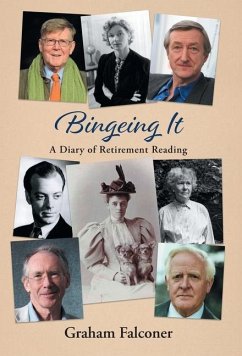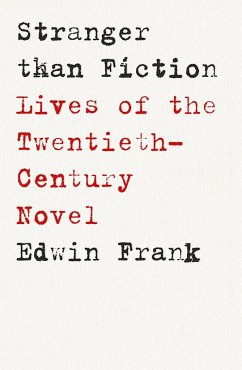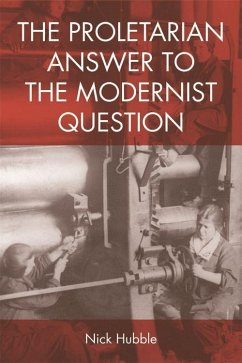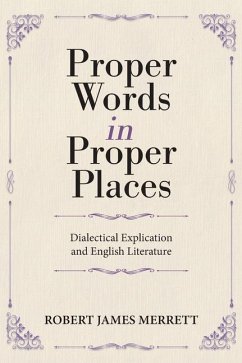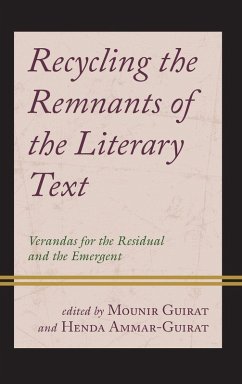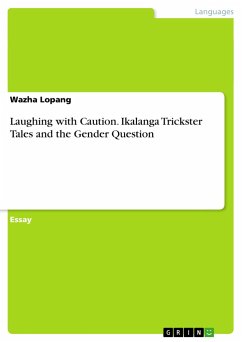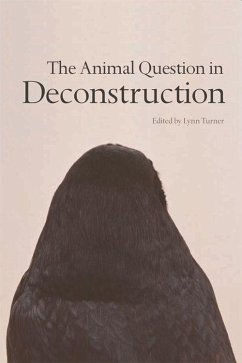
Henry James and the Question of Living
Versandkostenfrei!
Erscheint vorauss. 14. Mai 2026
117,99 €
inkl. MwSt.

PAYBACK Punkte
59 °P sammeln!
A bold reinterpretation of Henry James's fictional universe that shows how characters who desire to "live" but struggle to translate that desire into reality actually have much to teach us about the activity of leading a life. Henry James and the Question of Living demonstrates that characters like Lambert Strether and John Marcher - whom readers often pity and pathologize as squeamish about sex and stuck in their heads - function as vectors for rich philosophical questions. Specifically, the idea that we must experience life as fully and intensely as possible, an injunction that is as omnipre...
A bold reinterpretation of Henry James's fictional universe that shows how characters who desire to "live" but struggle to translate that desire into reality actually have much to teach us about the activity of leading a life. Henry James and the Question of Living demonstrates that characters like Lambert Strether and John Marcher - whom readers often pity and pathologize as squeamish about sex and stuck in their heads - function as vectors for rich philosophical questions. Specifically, the idea that we must experience life as fully and intensely as possible, an injunction that is as omnipresent and affectively charged in our era as it was in James's own. In their unsuccessful attempts to live up to this injunction, James's characters reveal that the picture of subjectivity underpinning it has limited purchase on our practical, day-to-day experience of ourselves as agents. Arguing that James's novels and stories are exemplary of what Robert B. Pippin describes as "philosophy by other means," Jones suggests that James's style - and particularly his use of free indirect discourse - models a way of thinking about the activity of leading a life that is remarkable in its phenomenological subtlety and sophistication. Henry James and the Question of Living ultimately shows that paying close attention to James's innovative techniques for representing lived experience allows us to place him in a mutually-enriching dialogue with philosophers like Martin Heidegger, Georges Canguilhem, and Béatrice Han-Pile.



